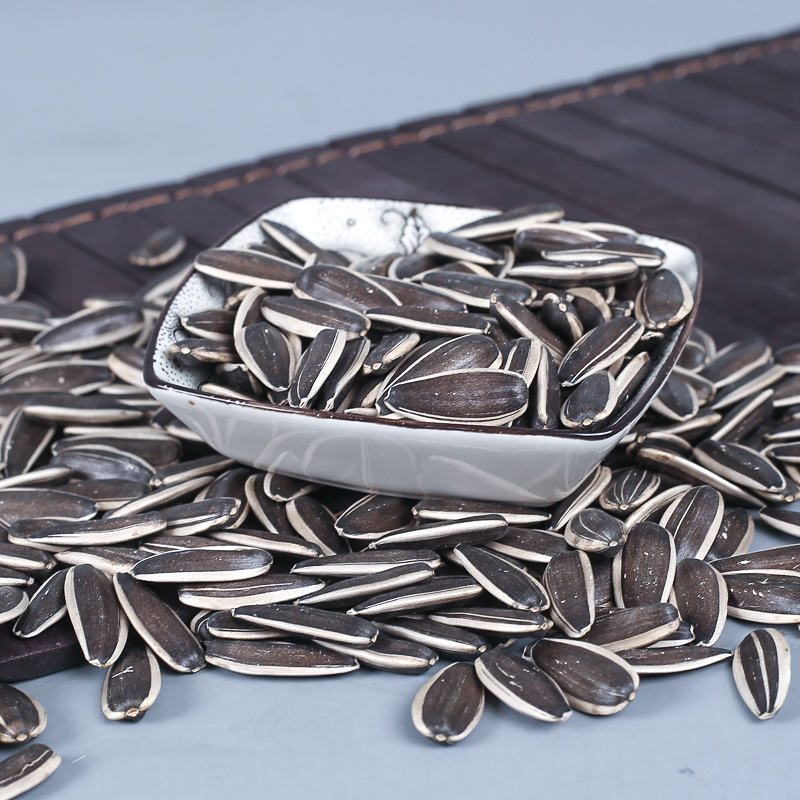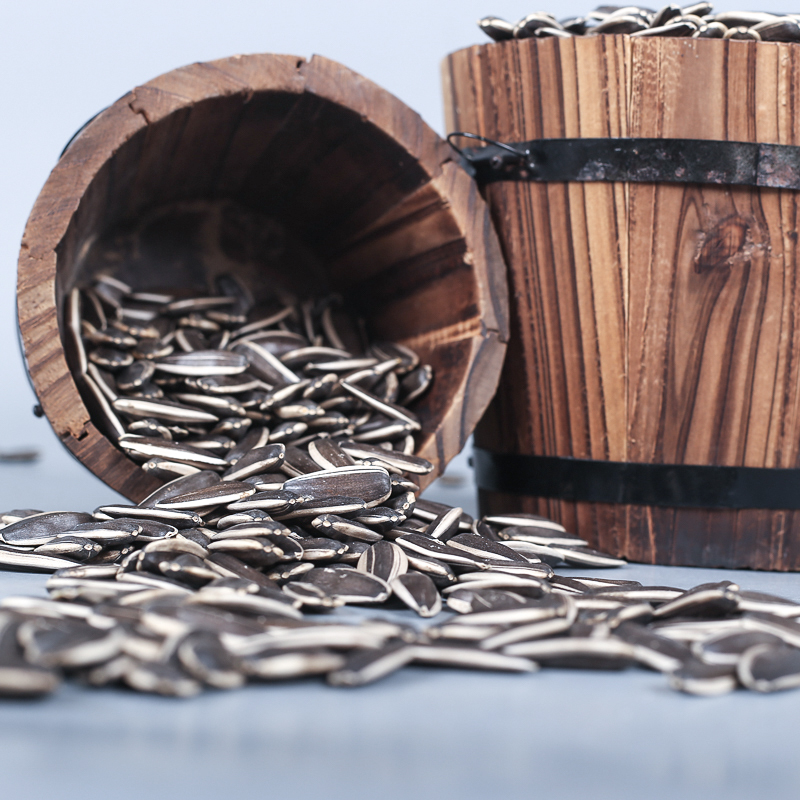-
 Afrikaans
Afrikaans -
 Albanian
Albanian -
 Amharic
Amharic -
 Arabic
Arabic -
 Armenian
Armenian -
 Azerbaijani
Azerbaijani -
 Basque
Basque -
 Belarusian
Belarusian -
 Bengali
Bengali -
 Bosnian
Bosnian -
 Bulgarian
Bulgarian -
 Catalan
Catalan -
 Cebuano
Cebuano -
 Corsican
Corsican -
 Croatian
Croatian -
 Czech
Czech -
 Danish
Danish -
 Dutch
Dutch -
 English
English -
 Esperanto
Esperanto -
 Estonian
Estonian -
 Finnish
Finnish -
 French
French -
 Frisian
Frisian -
 Galician
Galician -
 Georgian
Georgian -
 German
German -
 Greek
Greek -
 Gujarati
Gujarati -
 Haitian Creole
Haitian Creole -
 hausa
hausa -
 hawaiian
hawaiian -
 Hebrew
Hebrew -
 Hindi
Hindi -
 Miao
Miao -
 Hungarian
Hungarian -
 Icelandic
Icelandic -
 igbo
igbo -
 Indonesian
Indonesian -
 irish
irish -
 Italian
Italian -
 Japanese
Japanese -
 Javanese
Javanese -
 Kannada
Kannada -
 kazakh
kazakh -
 Khmer
Khmer -
 Rwandese
Rwandese -
 Korean
Korean -
 Kurdish
Kurdish -
 Kyrgyz
Kyrgyz -
 Lao
Lao -
 Latin
Latin -
 Latvian
Latvian -
 Lithuanian
Lithuanian -
 Luxembourgish
Luxembourgish -
 Macedonian
Macedonian -
 Malgashi
Malgashi -
 Malay
Malay -
 Malayalam
Malayalam -
 Maltese
Maltese -
 Maori
Maori -
 Marathi
Marathi -
 Mongolian
Mongolian -
 Myanmar
Myanmar -
 Nepali
Nepali -
 Norwegian
Norwegian -
 Norwegian
Norwegian -
 Occitan
Occitan -
 Pashto
Pashto -
 Persian
Persian -
 Polish
Polish -
 Portuguese
Portuguese -
 Punjabi
Punjabi -
 Romanian
Romanian -
 Russian
Russian -
 Samoan
Samoan -
 Scottish Gaelic
Scottish Gaelic -
 Serbian
Serbian -
 Sesotho
Sesotho -
 Shona
Shona -
 Sindhi
Sindhi -
 Sinhala
Sinhala -
 Slovak
Slovak -
 Slovenian
Slovenian -
 Somali
Somali -
 Spanish
Spanish -
 Sundanese
Sundanese -
 Swahili
Swahili -
 Swedish
Swedish -
 Tagalog
Tagalog -
 Tajik
Tajik -
 Tamil
Tamil -
 Tatar
Tatar -
 Telugu
Telugu -
 Thai
Thai -
 Turkish
Turkish -
 Turkmen
Turkmen -
 Ukrainian
Ukrainian -
 Urdu
Urdu -
 Uighur
Uighur -
 Uzbek
Uzbek -
 Vietnamese
Vietnamese -
 Welsh
Welsh -
 Bantu
Bantu -
 Yiddish
Yiddish -
 Yoruba
Yoruba -
 Zulu
Zulu
Шіл . 21, 2025 11:01 Back to list
Bulk Sunflower Seeds Suppliers | Wholesale & Export
Exploring Industry Insights and Procurement Strategies for Bulk Sunflower Seeds
The global sunflower seed market continues its upward trajectory, projected to reach $56.3 billion by 2027 according to industry research. As demand increases for healthy snacking alternatives and plant-based protein sources, businesses seeking to buy bulk sunflower seeds exporters face critical decisions regarding quality standards, supply chain reliability, and nutritional specifications. The selection process requires expertise in agricultural commodities, international trade regulations, and processing technologies.
Reliable Sunflower Seeds Partner
As a professional buy bulk sunflower seeds exporter, XINGTAI XUANHANG TRADING CO.,LTD. leverages China's premium sunflower regions to deliver top-grade products globally. Our partnership with Xinjiang and Inner Mongolia farms ensures consistent quality backed by scientific agricultural practices.

Premium Five Flavored Melon Seeds 160g
Sunflower seeds (also called melon seeds and Hairy) are the fruit of sunflowers with over 200 years of cultivation history in China. Our premium seeds are sourced from Xinjiang and Inner Mongolia where optimal environmental conditions produce superior quality kernels.
Quality Specifications:
- Not more than 50 seeds per 180g
- Mold content not more than 0.5 seeds
- Deformation rate not more than 1 seed
Rich in unsaturated fatty acids, vitamins and trace elements, these seeds offer a delicious flavor profile perfect for snacking and culinary applications. Bulk sunflower seeds exporters maintain these rigorous quality standards throughout the supply chain.
View Product Details & SpecificationsGlobal Sunflower Seeds Production & Export Analysis
The sunflower seed industry has experienced transformative changes in cultivation techniques and processing technologies. When preparing to buy bulk sunflower seeds suppliers, understanding regional production variations becomes essential:
Technical Specifications Comparison
| Parameter | Standard Grade | Premium Grade | XuanHang Specification | Test Method |
|---|---|---|---|---|
| Moisture Content | ≤10% | ≤9% | ≤8.5% | ISO 665:2020 |
| Oil Content | 38-42% | 43-48% | 46-50% | AOCS Am 2-93 |
| Protein Content | 18-21% | 22-24% | 24-26% | ISO 20483:2013 |
| Broken Kernels | ≤3% | ≤1.5% | ≤1% | USDA FGIS |
| Foreign Matter | ≤0.5% | ≤0.3% | ≤0.1% | ISO 605:1991 |
| Aflatoxin Level | ≤15μg/kg | ≤10μg/kg | ≤5μg/kg | HPLC Method |
Industry Applications & Market Trends
The versatility of sunflower seeds drives demand across multiple industries. Businesses that buy bulk sunflower seeds manufacturers source for various applications:


Manufacturing Processes & Quality Control
Reputable buy bulk sunflower seeds factories implement comprehensive quality assurance systems. Advanced processing includes:
Industry Expert FAQ: Sunflower Seeds Export
When engaging a buy bulk sunflower seeds exporter, verify compliance with international standards including HACCP, ISO 22000, and FDA regulations. Processing should include precision optical sorting to remove defects, multi-stage cleaning systems, and nitrogen flushing during packaging to preserve freshness.
Growing regions significantly influence nutritional profiles. Seeds from northern China (Heilongjiang, Inner Mongolia) show 18-22% higher vitamin E content and 3-5% greater kernel density due to temperature differentials, as documented in the Journal of Agricultural Science (Vol 12, 2022).
Confectionery seeds (for direct consumption) feature striped hulls, larger size (18-22mm), and lower oil content (25-35%). Oilseed varieties have black hulls, smaller size (8-14mm), and higher oil content (38-52%). Selecting the appropriate variety requires consultation with knowledgeable buy bulk sunflower seeds suppliers.
Advanced packaging methods used by premium buy bulk sunflower seeds manufacturers include: metallized PET films blocking UV light, multi-layer barrier bags with EVOH coating reducing oxygen transmission to ≤0.5 cc/m²/24h, and integrated moisture absorbers maintaining humidity below 5% throughout distribution cycles.
Export shipments require phytosanitary certificates validating freedom from quarantine pests (especially Sunflower Moth and Seed Weevil). Major import regions enforce strict thresholds: EU requires ≤1 live insect/kg, Australia has zero tolerance for Trogoderma species, and Canada mandates triple washing for soil residue elimination.
Premium buy bulk sunflower seeds factories implement comprehensive testing protocols. NIR spectroscopy measures moisture and oil content (±0.3% accuracy), automated vision systems detect defective kernels (99.8% detection rate), and GC-MS screening identifies pesticide residues at ppb levels. These methods ensure compliance with Codex Alimentarius standards.
Optimal preservation requires temperature-controlled warehouses (10-15°C), relative humidity at 55-60%, and CO₂-controlled atmospheres (
Global Supply Chain Considerations
The sunflower seed export market requires sophisticated logistics coordination. Major transit routes experience seasonal fluctuations - Black Sea shipments face weather delays November-March, while Chinese exports increase during August-October harvest period. Leading buy bulk sunflower seeds exporters maintain strategically located warehouses near major ports to ensure consistent supply.
Source: Global Oilseed Market Analysis 2023 - International Food Policy Research Institute
https://www.ifpri.org/publication/global-oilseed-market-trends-2023
Source: Journal of Agricultural Technology (2023, Vol 19)
https://www.jat.org/article/sunflower-cultivation-advances
-
Bulk Sunflower Seeds Suppliers | Wholesale & Export
NewsJul.21,2025
-
High-Precision Industrial Sensors for Reliable Automation Solutions
NewsJul.21,2025
-
Premium Sunflower Seeds – High Quality Sunflower Product from Leading Manufacturers & Exporters
NewsJul.08,2025
-
Premium Selected Sunflower Seeds - Reliable Manufacturer & Exporter
NewsJul.08,2025
-
Premium Sunflower Seeds Supplier & Manufacturer Wholesale Exporter
NewsJul.07,2025
-
Premium Original Sunflower Seed Exporters & Manufacturers Top Factories Supply Bulk Seeds Worldwide
NewsJul.07,2025
